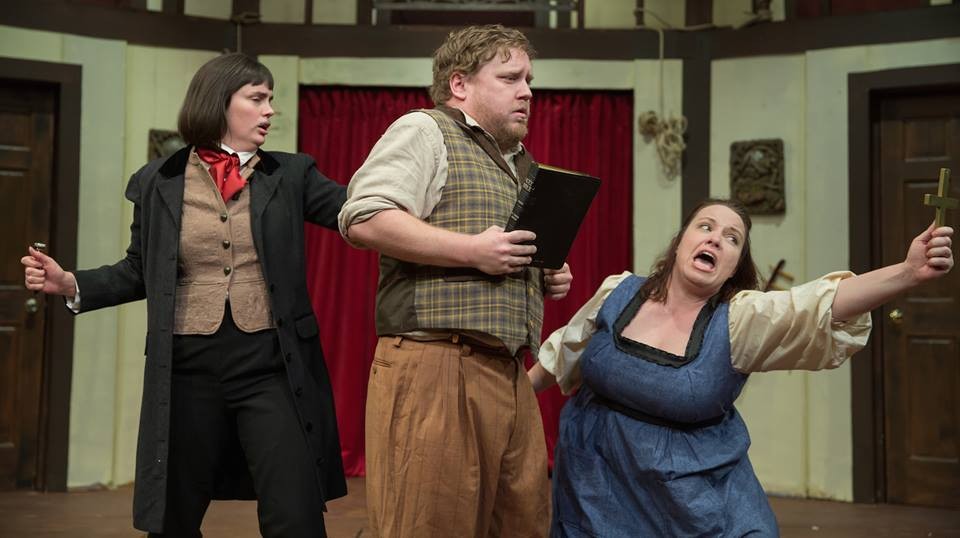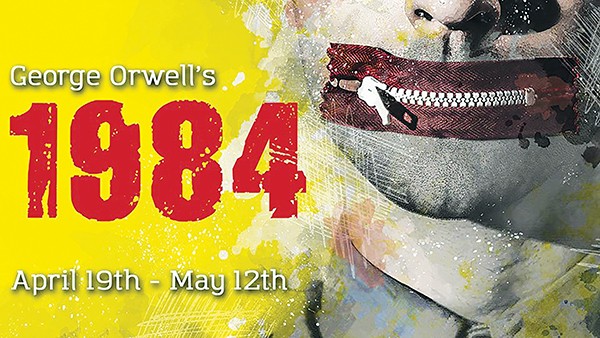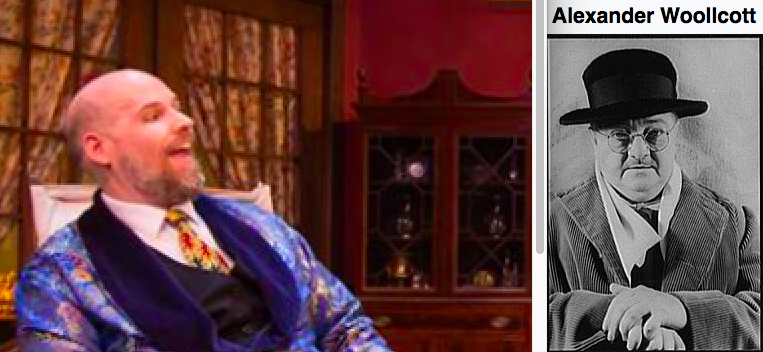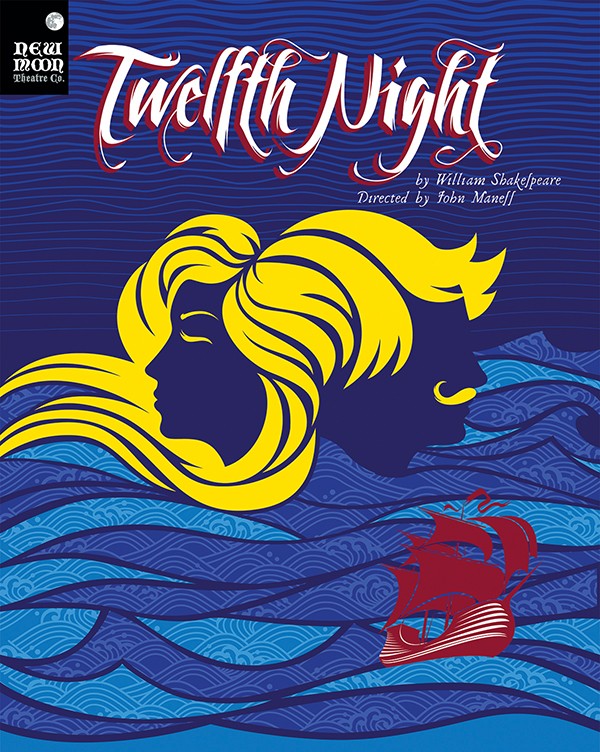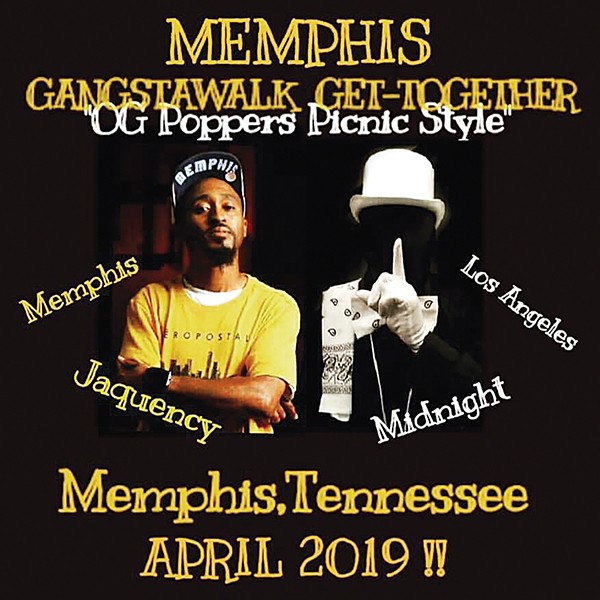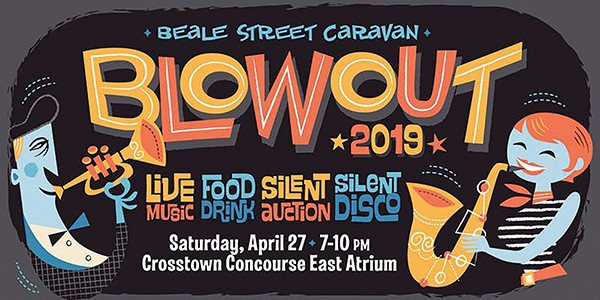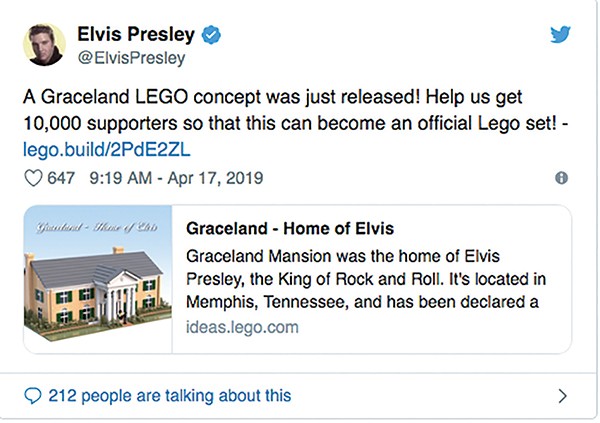It would seem that Kaufman & Hart’s barb-laden comedy, The Man Who Came to Dinner, is woven into the tapestry of Theatre Memphis’ identity. It’s the last play the company staged before leaving its old digs inside the Pink Palace pool house and moving into the custom-built space on Perkins Ext. In 2002, as the company attempted to re-ground itself under new leadership, the screwball comedy was revived, with several original cast members returning to perform. Now, as Theatre Memphis preps for an abbreviated 100th season, and a round of major innovation, Sheridan Whiteside — an unforgettable character inspired by celebrity critic Alexander Woollcott — is back in the spotlight, and as petty and domineering as ever. It’s a first-rate production, too, with Jason Spitzer starring as the titular man. But I’ve got to admit, I don’t entirely get it.
As a fan of the author’s, and to a lesser extent, the play, I didn’t really get the point of reviving this gossipy, name-dropping tour of vintage celebrity culture 17 years ago, and it’s not like the material is any fresher today. Still, it’s a clever thing and expertly staged. The Man Who Came to Dinner is an archetypal romantic comedy dipped in satire, but for maximum enjoyment, more than a little cultural literacy is absolutely required. That’s not a bad thing, but those not dialed into Woollcott’s world of the rich and famous may sometimes feel left out of the conversation.
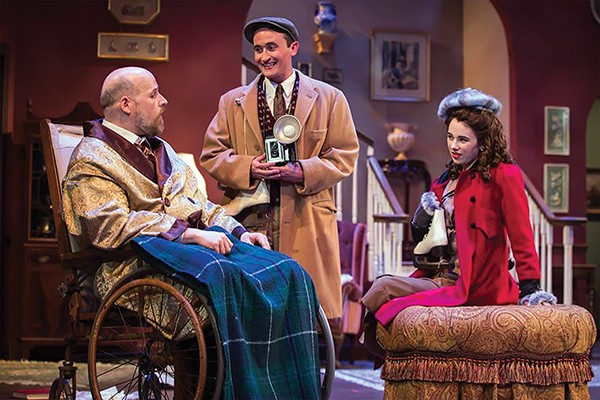
Come in and stay awhile.
There’s not much plot to The Man Who Came to Dinner, but so much goes on it can be difficult to keep up. Guests drop in and out. Thousands of cockroaches escape their enclosure. A wacky penguin rampage adds to hilarity. It all begins with a fall Whiteside suffers while visiting a private residence for dinner. The mouthy critic is misdiagnosed, told not to leave the house and to move as little as possible until he’s better. So, sparing no pomposity or expense, he proceeds to take over his host’s suburban home and ruin his secretary Maggie’s romance for fear that she’ll leave him.
Spitzer, who starred in The Drowsy Chaperone at Theatre Memphis, seems to be specializing in “man in chair” roles. This time around, his chair has wheels, but if you liked Spitzer in the musical, you’ll love him for similar reasons here. Kinon Keplinger is likewise fine as a stand in for British playwright and showman, Noel Coward. The same goes for Emily F. Chateau, as Whiteside’s indispensable assistant and confidant Maggie, and Jai Johnson as Lorraine Sheldon, a lovestruck starlet looking for a good script. The whole ensemble is first rate, with several terrifically quirky character turns by local favorites like Barry Fuller and Louise Levin.
One hundred years is a long time, and a little comfort food in the face of change may not be a bad thing at all. Even if The Man Who Came to Dinner doesn’t have much to say in 2019, it doesn’t say it with gusto and real panache. And maybe, for a community in mourning, there’s more going on at Theatre Memphis than meets the eye.
Beloved Memphis actor John Rone’s first performance at Theatre Memphis was in The Man Who Came to Dinner, prior to its move to Perkins. He also performed in the revival, where, during a blistering Memphis day, he famously quipped, “If you think it’s hot up there now, wait till I do my number in act 2.” Rone, who recently retired from Rhodes College after 40 years of service and who died earlier this year, was also a director, and committed fan of Memphis theater. On Saturday, April 27th, a group of Memphis actors walked onto the set of The Man Who Came to Dinner to share stories about Rone and memorialize him with scenes from past productions. The house was packed for the perfect sendoff. He truly was “the man,” and whether it’s your cup of tea or no, TM’s latest take on The Man Who Came to Dinner is every bit as elegant and wicked as he was.
The Man Who Came to Dinner is at Theatre Memphis through May 12th.

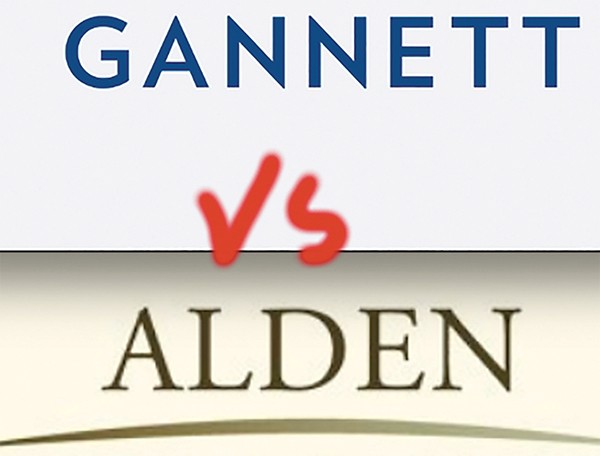
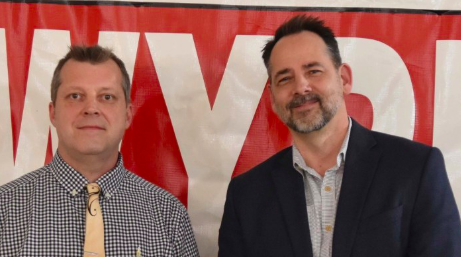 Storyboard/WYPL
Storyboard/WYPL 